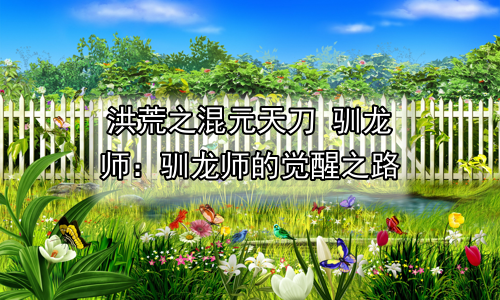As the old ballad of “Bi柳” continues to resonate through generations, it serves as a mirror reflecting not only the changing times but also the enduring spirit of traditional culture. This hundred-year-old song, rich with memories and emotions, has been reimagined in contemporary society, blending the essence of old-time folk music with modern urban life.
The interpretation of “Bi柳” is not merely an attempt to modernize a traditional song; it is an exploration of how such timeless pieces can adapt to new cultural landscapes. By integrating elements of modernity into its arrangement and lyrics, this reinterpretation seeks to bridge the gap between past and present.
Through this fresh perspective, “Bi柳” has gained a new dimension of relevance. It is no longer confined to the confines of rural life; instead, it has transcended boundaries, resonating with urbanites as well. This fusion of old and new has given rise to a vibrant cultural phenomenon that continues to captivate hearts.
In essence, this reinterpretation of “Bi柳” in the context of a hundred-year-old ballad represents more than just an artistic innovation; it is a testament to the adaptability and resilience of traditional culture in the face of modernity. By re-examining these old songs through new eyes, we not only honor our cultural heritage but also open doors to new possibilities for its evolution.
This exploration of “Bi柳” and its place within contemporary society highlights the enduring relevance of traditional culture. It invites us to rethink what it means to be part of a legacy while embracing the vibrancy of a dynamic world.


